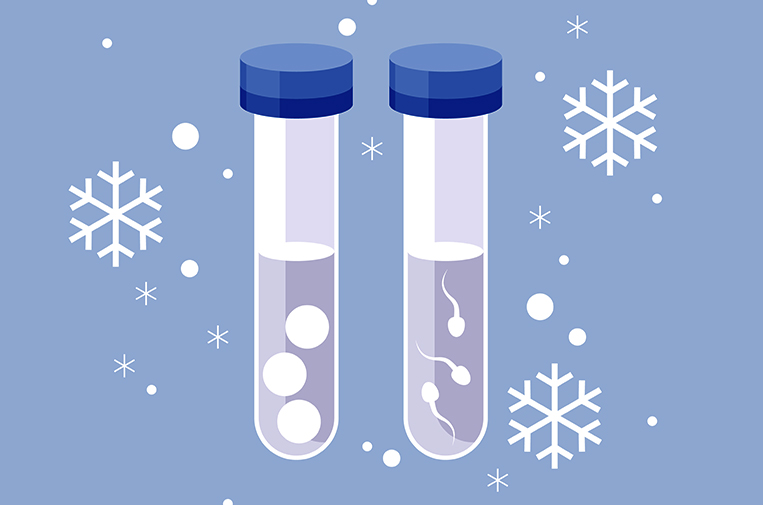One of the questions we are asked most frequently by patients is: How many embryos should we transfer? The physicians at the Reproductive Science Center follow the guide of the American Society for Reproductive Medicine (ASRM). We also take into consideration your particular circumstances. The goal of both RSC and ASRM is to optimize the likelihood of pregnancy with a single pregnancy. Though many patients say they would like twins, a twin pregnancy is a much higher risk than a single pregnancy. A singleton pregnancy is the safest pregnancy.
For women under the age of 35 using their eggs and for egg donation recipients of any age, we recommend transferring two embryos if they are transferred after three days of growth. Certain patients are good candidates for transferring only one embryo. If the embryo transfer is done at the blastocyst stage (five days of growth in the laboratory), if there are extra embryos to freeze, and if it is a woman’s first IVF cycle, we recommend transferring just one blastocyst embryo. Otherwise, a maximum of two blastocyst embryos would be transferred.
For women 35-37 years old we generally recommend transferring two embryos at the day three-stage, or one to two blastocyst embryos.
Women 38-39 years old generally have three embryos transferred at the day three stage or two embryos at the blastocyst stage.
Women 40 – 41 years old generally have four embryos transferred at the day three stage or two embryos at the blastocyst stage.
Women 42 and older can transfer five or more day three embryos or three blastocyst embryos with a very low risk of a multiple pregnancy.
There are several factors that may influence our recommendation. Age and prior infertility treatment will influence the recommendations. If a woman has gone through multiple prior IVF cycles, generally we will transfer more embryos.
From the above guidelines, it is clear that your physician will not make a final recommendation for the number of embryos to transfer until just prior to your embryo transfer when the development and quality of embryos have been evaluated.





